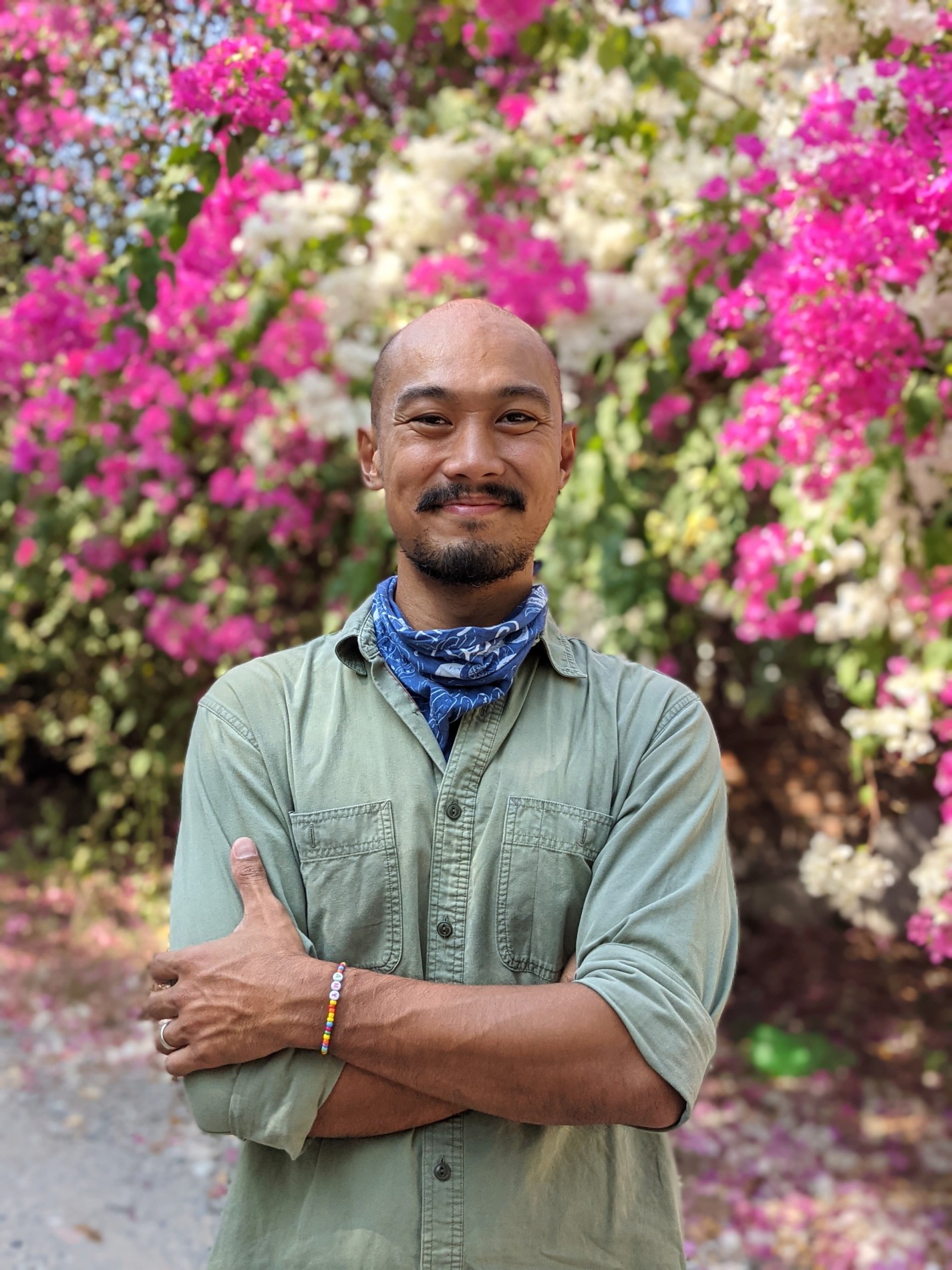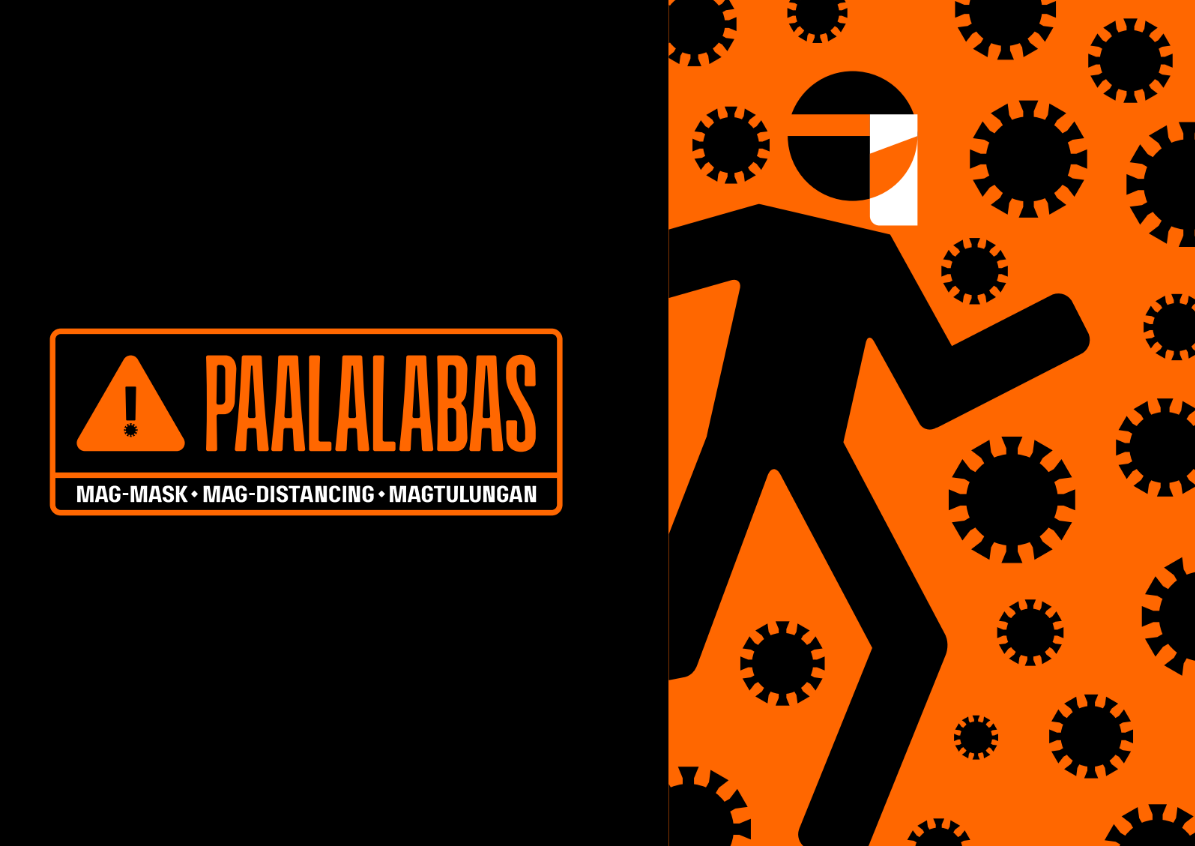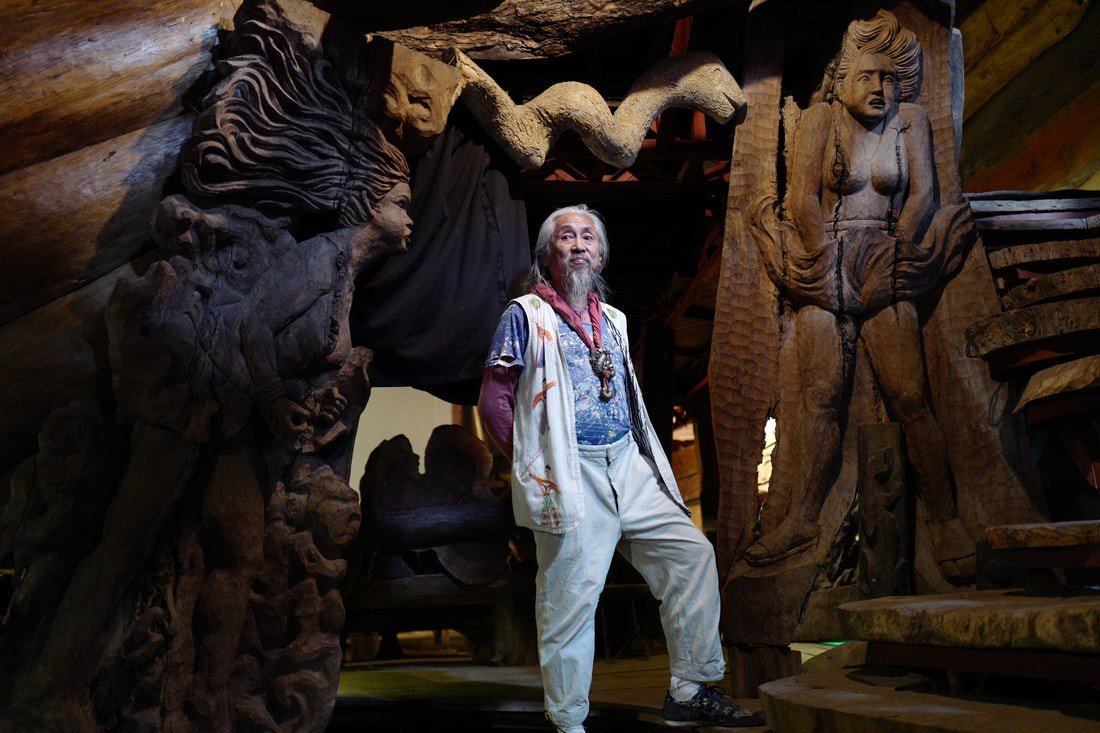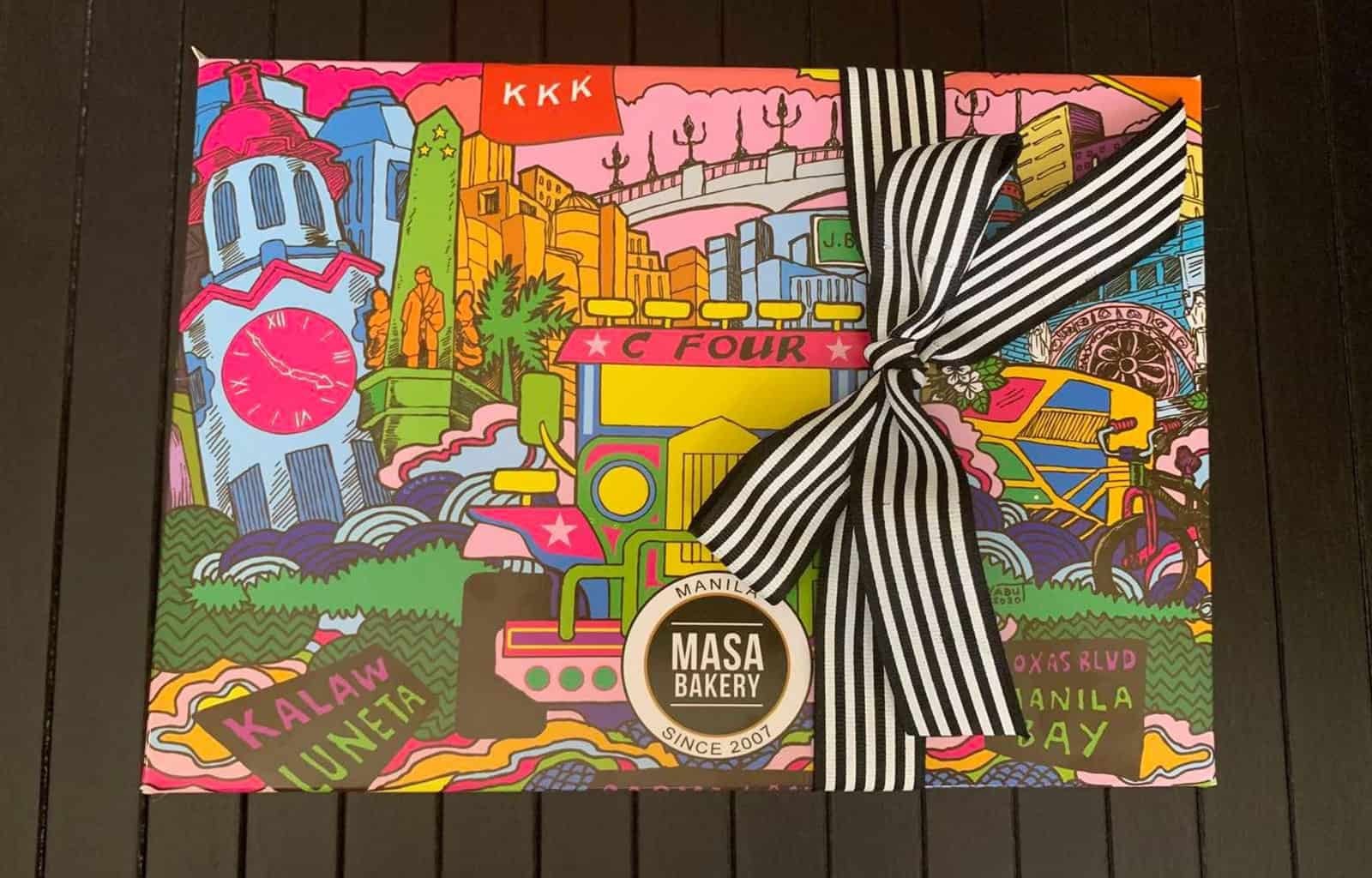
A coffee entrepreneur trailblazes the future of Filipino travel and community
By Sai Versailles
August 11, 2021
San Juan, La Union, in northern Luzon once attracted hundreds to thousands of visitors every weekend. The usual routine went something like this: Drive up on Friday, party or surf on Saturday, then a cup of joe to nurse the body ache on Sunday.
Then, the pandemic grinded the Filipino tourist industry to a halt. Suddenly, San Juan went from being one of the busiest tourist destinations in the country, to a silent surf town with only their local characters.
One of those characters happens to be Kiddo Cosio. He’s the co-founder of El Union Coffee in the Great Northwest – a viewing deck and tourist stop on the Urbiztondo beach strip, of which Cosio is also a co-founder. The idea for the Great Northwest came into fruition over a decade ago when Cosio was a writer and his business partner Mia Sebastian, who is an architect, returned to the Philippines after years of backpacking. Together, they envisioned a community fuelled by the optimism of travel, making a living out of alternative trades – like running a tiny coffee shop or pedalling local food.
“Wouldn’t it be great to live like that in La Union?” Cosio pondered.
This pipeline dream became a reality in 2017 when the Great Northwest was finally built, housing a plethora of independent enterprises, and counting. Need a haircut? There’s Cutback Barbers. Need internet? There’s a co-working space in The Attic Room. Feeling peckish? A plate of chicken inasal from Scallywag awaits. Even Kermit, a mainstay of Siargao’s food scene in northeastern Mindanao, found its way to San Juan earlier this year. Currently in the works are a recording studio and an art gallery, born out of conversations from the nearby artist residency, Emerging Islands. In fact, despite the dip in weekend tourists this small-town economy once depended on, the Great Northwest, and La Union at-large, continues to flourish today.
During the Creative Futures virtual conference last June, Cosio asked: “How do you run a tourist town without any tourists?” A rural migration out of the city, he said, is helping sustain provincial communities like La Union, bringing in new energy to enterprises built on entrepreneurship and creativity.
This cultural exchange between the rural and the urban may be the future of travel destinations and creative communities. Yet, such exchanges don’t happen by accident. To Cosio, it relies on fostering three key values from the very beginning – values that not only drove the success of the Great Northwest but is becoming a template for enterprises in and beyond San Juan.
Design-forward
Many designers make the mistake of rooting themselves on global trends without staying authentic to local cultures. In doing so, it purports that “new” and disruptive design are the default means to an end. This approach requires injecting large amounts of capital to replace existing business models which, for a small town like San Juan, is neither achievable nor desirable.
Instead, Cosio believes “looking backwards gives us hints on what doesn’t need to be changed” – that design can be repurposed, evolved, and incrementally iterated. Thus, “designing enterprises with humans in mind” may just be the best thing any entrepreneur can do to build a sustainable business infrastructure.
Of course, there’s no cookie-cutter solution to building a sustainable business. Cosio admits to his mistakes, believing design is an evolving process of cascading previous learnings onto new ones.
Environmentally conscious
This human-centered design philosophy has manifested for Cosio by considering the environment.
For example, the roofing in the Great Northwest is made of bamboo and anahaw, sourced from local craftsmen in the nearby town of Bacnotan. Bamboo is naturally sturdy, while anahaw keeps the temperature cool and sounds better acoustically. “The ear is built on organic sounds,” Cosio pointed out, “and the Great Northwest has a warmth you won’t find in malls with glass or concrete.” Likewise, opting out of air-conditioned spaces means reducing carbon production. Fresh airflow, Cosio argued, is perhaps the most relevant design feature in a world plagued with an airborne illness.
The Great Northwest also uses a “greywater filtration system” which re-routes clean water used for handwashing and dishwashing for toilet flushing and gardening. This is an important design feature for a surf town like San Juan. Not only does it reduce water consumption; it also avoids contaminants entering the nearby beach – the city’s communal centrepiece.
But does it work? This is a question Cosio gets asked all too frequently. Of course, it does. For this, Cosio finds answers in “Lo-TEK” design – a term coined by Julia Watson from the concept of “traditional ecological knowledge,” countering the idea that indigenous innovation is inferior and removed from “technology” as we know it.
“Speaking in local vernacular and building on material produced nearby,” Cosio stated, “these are textures that, from a design standpoint, speak to the heart and subconscious of people – something more human.”
Community-centered
By designing enterprises with humans and the environment in mind, Cosio and his team are fostering a like-minded community of individuals aspiring to a sustainable future.
For example, El Union’s “corporate culture” is built around family decisions and human experience. They created an 18-month contingency plan following lockdown measures to continue supporting their stakeholders. This included instituting an open book management system, ensuring transparency by allowing staff access to El Union’s financial position. A company medical fund was also established, plus a budget for special needs allotted for anyone requiring housing or transport assistance. The plan also strengthened relationships with El Union’s most important coffee suppliers – whether that’s the Kapi Tako collective in the northern Luzon Cordilleras or coffee farmers in Bagulin, just an hour’s drive from San Juan surf town.
This “neighborhood” thinking informs what Cosio aspires his town to be: A melting pot of culture that learns from and supports each other. He believes this even as city folk make the escape from the dreary metro, hoping for greener pastures in La Union. “Not only has our world radically changed, but our neighborhood has evolved too,” he stated.
With that in mind, Cosio concluded his presentation with one more food for thought: “Design that works is rooted in human experience as the beginning and end of the process. It is rooted in neighborhood and home.”


